An outstanding nursing resume is vital even in the face of the nursing shortage. That ideal nursing job you want – chances are that others will feel the same and you at least want to get past the screening and land that interview.
You can use any standard resume formats and information accessible on the internet as a guide for writing your nursing resume. Still, there are various fields, and avenues in nursing – even nurses who have just completed their course have varied clinical experiences, interests, and strengths. A good nursing resume needs additional details to properly showcase how you will be a good fit for the vacancy.
Always bear in mind that your resume is an advertisement of your knowledge, skills, experience, and accomplishments. Use the following tips to help you to write a great resume that is not too general and missing in critical details.
Tailor your nursing resume to the job you are applying for.
You should never see your nursing resume as a one-size-fits-all document cast in stone – you can never list all your skills and the duties you have performed.
1. Customize each resume for the job posting. Look carefully at what the job posting is asking and make sure your resume fits the qualifications listed as closely as possible.
2. Know what qualifications you have to emphasize. As a job applicant, you need to let each job listing and the type of organization, guide you on what to emphasize. You may be applying for jobs in the same broad field – for example, trauma care, adult ICU or pediatric ICU – but for each application, you might need to make small adjustments to highlight your experience and accomplishments in the particular area.
Get your resume noticed by the ATS
A large percentage of job agencies and employers now use applicant tracking systems (ATS) to electronically screen and rank job applicants. ATS scans the resume for keywords and only the highest ranking applications are forwarded to the hiring manager. This process means, that even if you are the perfect candidate for the job, your resume may not make it if you don’t make it past the ATS. If the ATS did not pick your resume, your nurse application might end up at the bottom of the pile.
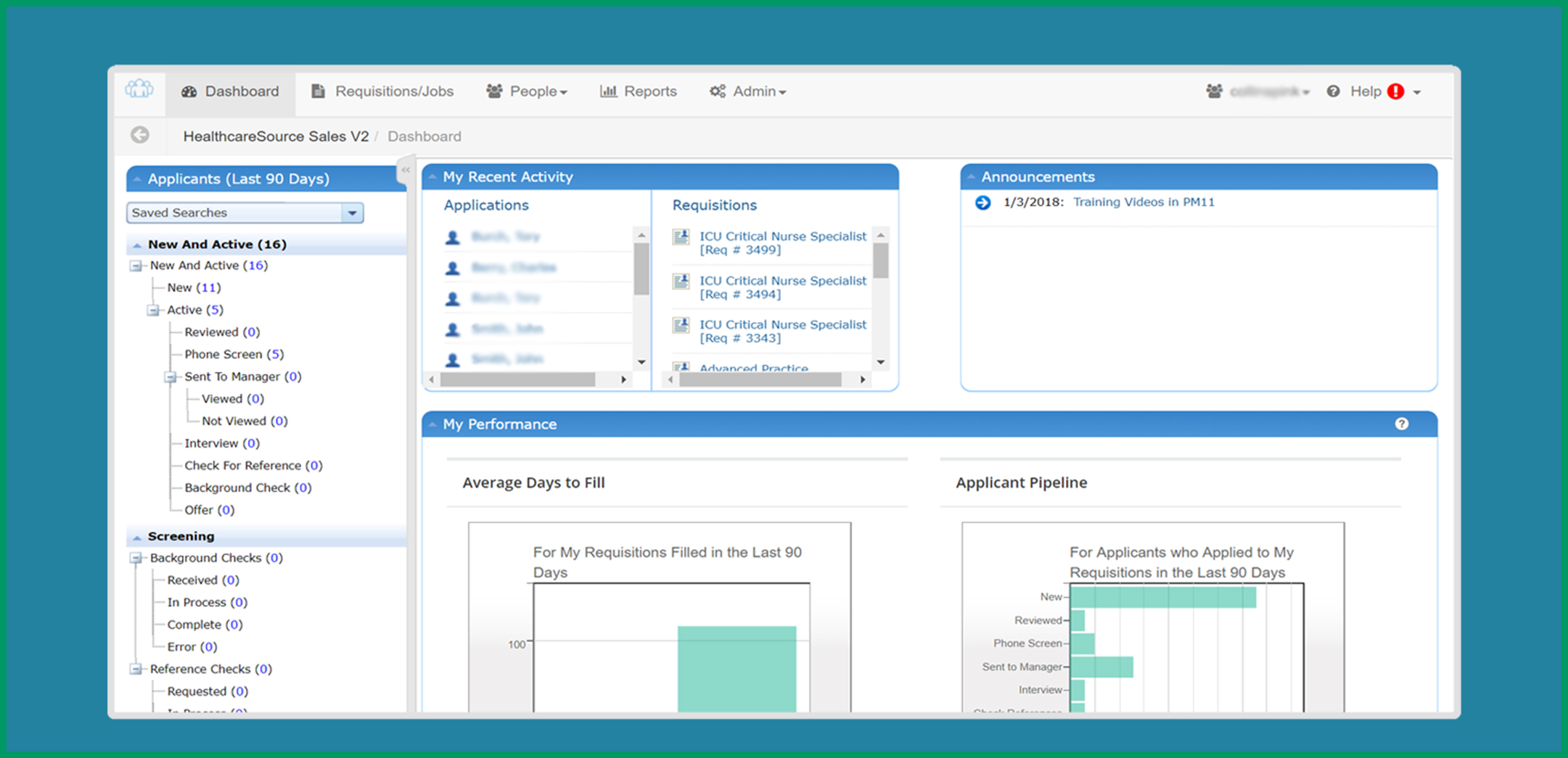
3. Duplicate the exact terminology. Another tip for your nurse resume is to duplicate the exact terms or keywords used in the listed job requirements and make sure that your resume includes all the critical details.
4. Determine the keywords from the job posting. Read the job posting carefully to extract the keywords and target those keywords. These job-related terms describe the skills and qualifications the employer is looking for and are probably the keywords that the ATS has been programmed to use.
5. Job listings might sometimes not be well written and not include all the requirements fed into the ATS. Identify other details that are particularly relevant to the job. For example, an advert may say “Vacancy for an experienced pediatric nurse” but does not explicitly lists “experience as a pediatric nurse” again in the requirements.
6. Research the facility you are applying to. This could be as simple as visiting their company website to know their core values, history, and other details that may be important to them. Try to highlight at least all the minimum requirements listed in the job post, as well as those included as preferred qualifications. List them all in the summary statement at the beginning of your nursing resume.
Find the right balance when describing your jobs
Most general guidelines on resume writing suggest that resumes are kept as short as possible but this is mostly relevant for general jobs with clearly defined skill sets. Longer resumes are acceptable in cases where there are a variety of fields requiring different skills and duties although you still have to be concise and select what you feel are the most significant details for the job opening.
7. List your work experience clearly and correctly. When listing your work experience, identify the type of facility – for example, whether it was an acute or long-term care facility, child care or adult care, large or small hospital. Include the number of beds in the facility and the unit where you worked, also specifying the type of unit. Where possible add numbers and statistics, for example, “Supervised a team of four registered nurses in a 20-bed high-care trauma unit”. In this way, you communicate a lot about the scope of your experience in a few words.
8. The resume is more pleasing to the eye when it’s concise and well summarized. Fine, you have a lot of achievements and skills, but try to summarize the information you think are not that important or eliminate them all from your resume. Trust me; thick resumes are not that attractive.
9. Showcase your accomplishments. Most advice these days is that nurse resumes should focus on accomplishments – for example, that you supervised teams or were in charge of a nursing unit, committees that you served on, and received a high score on your employee evaluation Accomplishments could also include positive changes in the patient care metrics in the area where you worked or special awards that you or your team received. If you are a fresh grad, your accomplishments during your schooling also work.
10. Highlight your technical skills. Healthcare employers are however also interested whether you have the required technical skills and experience for the job. Here, you will have to consider carefully and find the right balance between accomplishments and listing specific skills and duties (for example expert at inserting IV’s) that relate to the work you will be doing.
11. List your main qualifications. For each nursing qualification listed, add where and when you have obtained it. You don’t have to include your marks but can choose to do so if you achieved exceptionally high marks and any awards or prizes. This is usually relevant if you are just starting on your nursing career.
12. List down other necessary qualifications. More and more health care facilities are using electronic records (e.g., computer charting systems) so be sure information on medical software packages you know how to use.
13. Do you speak another language? Bilingualism is another sought after skill in nursing, given the diverse society we live in, so be sure to mention it if you speak another language.
14. Hobbies? Also, avoid listing hobbies and sports in a professional resume unless it relates directly to the job you are applying for.
15. List your credentials. List your current nursing licensures. Include the type of licensure, the state, expiration date, and license number. List national and other certifications you have obtained, also providing the date obtained and the expiration date. Lastly, do not forget to write your credentials correctly, we have a whole guide about writing nurse credentials here.
16. Some information won’t do you any good if you write it on your resume. These include your political views, religious affiliation and such. Try to avoid placing these on your resume unless absolutely necessary.
17. Highlight professional involvement. Membership to professional organizations demonstrates a commitment to the nursing profession and can earn you bonus points with recruiters.
18. List the professional organizations you belong to. List the professional organizations you belong to, the date you joined, and any positions you may have held within the organization. If you were elected to serve on bodies such as student representative councils and community organizations, list these as well, together with any positions you held. This applies particularly if they were health-related, for example serving on the safety committee of the local school board or the board of the local cancer society.
19. Your online profile. If you have a successful nursing blog or YouTube channel, be sure to include that as well. Do also note that hiring managers may screen your social media profiles as well, be sure to remove anything that may jeopardize your application.
Create a professional appearance for your nurse resume.
Now that you have a wonderfully compiled nursing resume that identifies you as the most qualified nurse for the job, it’s time to make sure your resume clearly conveys what it intends to do. Many of the points below are important for ATS readability.
20. Appearance matters. If your resume appears messy, difficult to read, or filled with typographical and grammatical errors, it will create a negative impression on the employers and probably not make it past the first screening.
21. Use the same format throughout. Create a clean and neat document using the same format for the whole document. Some ATS have difficulty reading highly formatted resumes. Provide straightforward headings to delineate different sections – for example, “work experience” and not “Where have I worked?”.
22. List with action verbs. Avoid long descriptive sentences to list duties and skills – use bulleted lists starting with action verbs instead.
23. Abbreviations. Unless it is widely accepted and recognized (e.g. ICU, ER), don’t use an abbreviation as some ATS may not be able to distinguish between terms.
24. Don’t make your resume jammed with letters and texts. Sure it’s better to have one or two pages at most, but enough white spaces will help your resume look more readable and less straining to the eye.
25. Don’t overstuff keywords. Tricking the ATS by oversaturating your resume with keywords may not reflect well once read by the hiring manager. Only use keywords in a natural sounding way.
26. Don’t make your resume look like you live in an era where the technicolor movie industry just began! Avoid making your resume colorful, for it would only reduce its professional feel. Only use black ink when making a resume.
27. Font choices and sizes. Keep the appearance of the nursing resume professional and avoid trying to be creative with unusual fonts and different colors. Use the standard fonts that are easy to read, such as Arial, Calibri, or Times New Roman. You can use larger font sizes for your name on top and headings, but never use a font size smaller than 10pt.
28. Document format. Also, check whether the job posting asks for the document to be sent in a specific format such Word or a PDF file. For ATS, it’s safer to upload your documents using the “.doc” formats.
29. Use an appropriate filename. On the other hand, if you are to submit your resume via email or online, don’t name your document simply as “resume.doc”. Go for something specific like “JohnSmith_Resume.doc”. This helps track your resume better –imagine all the other applicants naming their resume as “resume.doc”
30. Photographs? Photographs are generally frowned upon except for jobs where appearance matters such as a model or a TV broadcaster.
31. Appropriate email address. If you have a funky-style e-mail address from way back when you were a teenager – something like “coolchick16” – now is the time to get a new one specifically for job searches.
Proofread your nursing resume.
Writing and completing the details for your nursing resume is half the job. The other half is to make sure it’s reviewed and edited correctly. Here are some tips:
32. Check and re-check what you have written. Make doubly sure that your telephone number, e-mail address, and other contact details are correct. Just imagine if they wanted to call you for an interview and you typed “5” instead of “6”. Proofreading the material is the ultimate step that must be considered before a resume can be regarded as complete.

33. Let the resume sit for a day or two and look at it again with a fresh perspective. Spellcheckers sometimes don’t pick up all the typos and errors (for example, “in” instead of “is”). You can miss these errors because your mind recalls what you have just written and scanned over the content from memory without actually seeing. Also, reread the job listing to make sure you have addressed all the requirements, and you may even have new insights about the content after a break.
34. Ask another person to read through the resume. To make sure everything is clear and to find any remaining typing and grammatical errors. A nurse friend who knows you well might also come up with important skills and experiences you didn’t think of.
35. Regularly update your resume. Make sure to regularly update your resume as being a professional includes countless experiences that need to be put on your paper like seminars attended and new skills that you’ve obtained.
Conclusion
Writing a great resume is necessary but it does not mean that you surely land on a job as there are other factors too. After crafting your nurse resume, the next step is to prepare for the interview and beat those employment tests. Put your best self out there and we hope with these tips, you’ll land that dream nursing job! Best of luck!
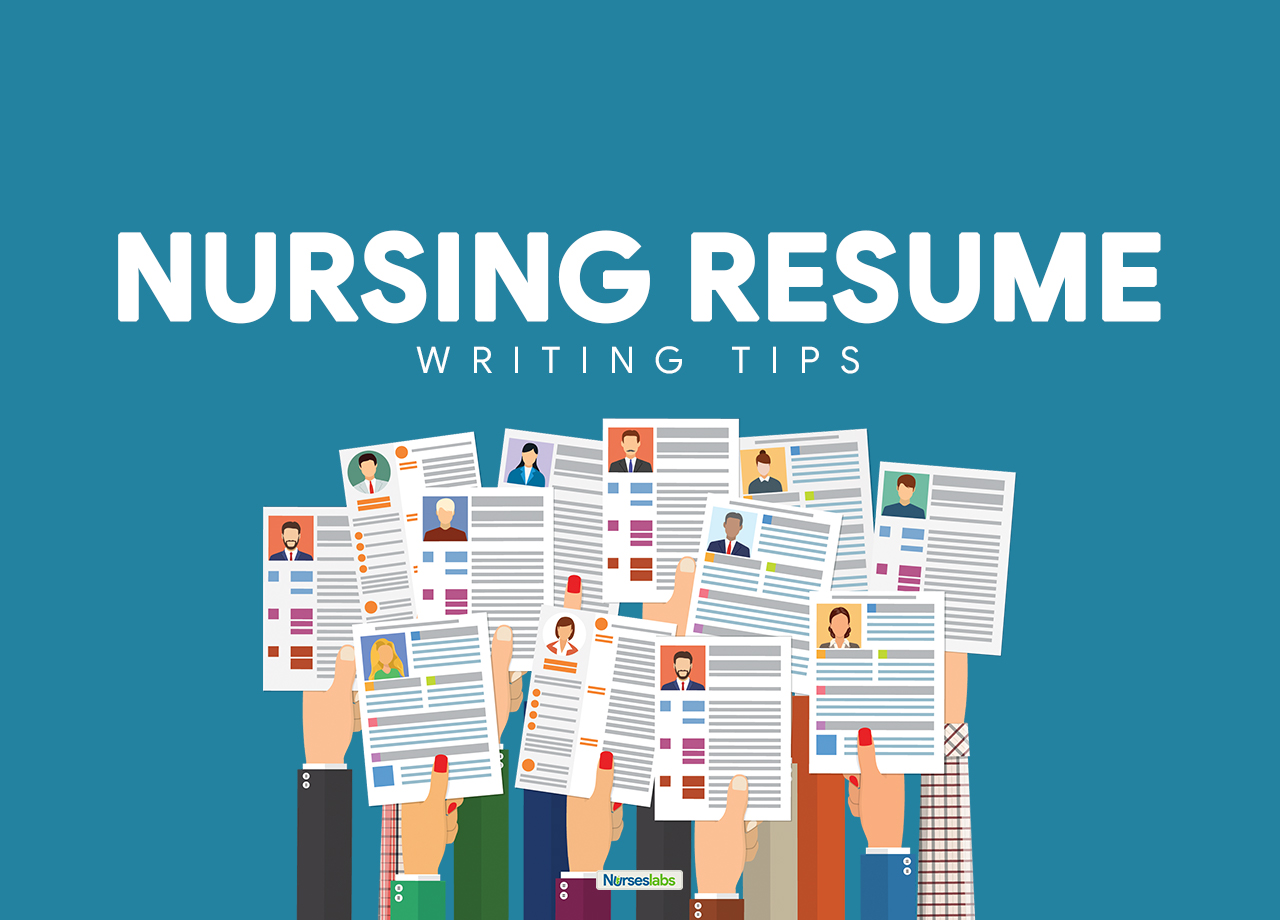


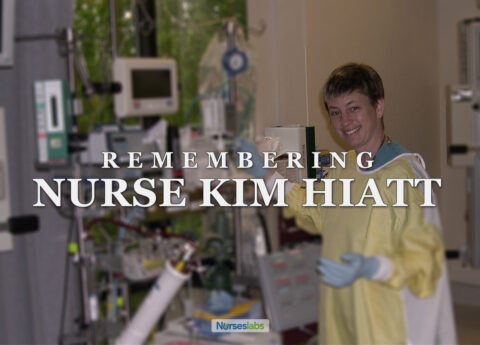
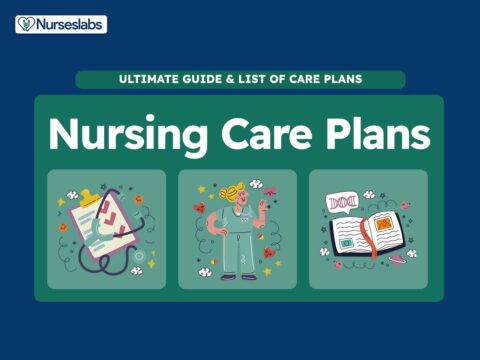
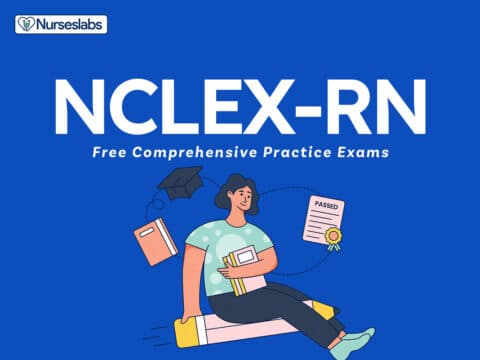
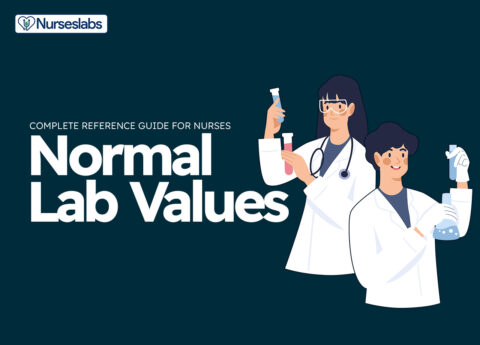
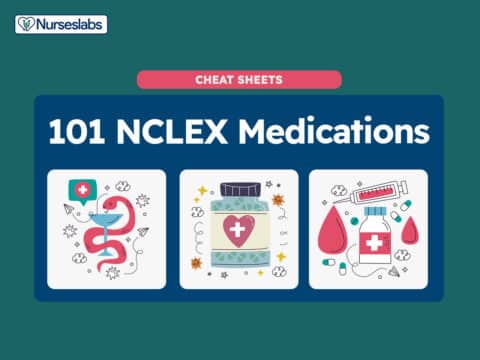
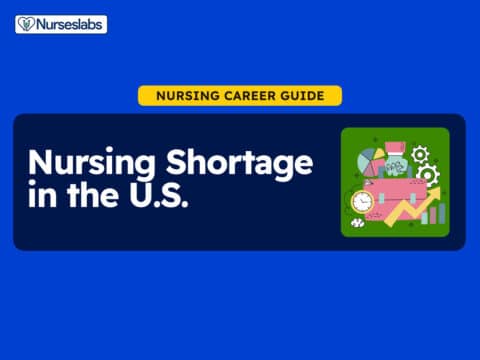
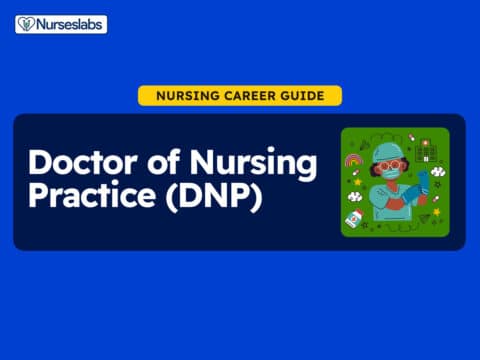
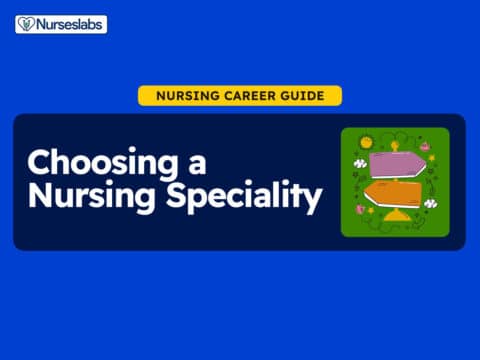
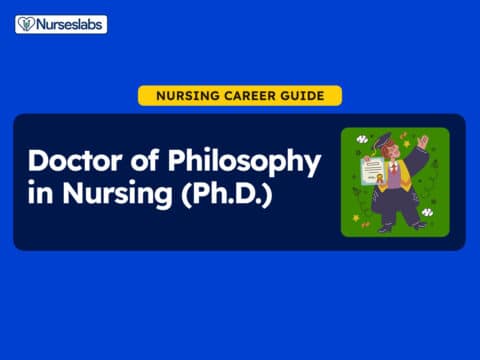
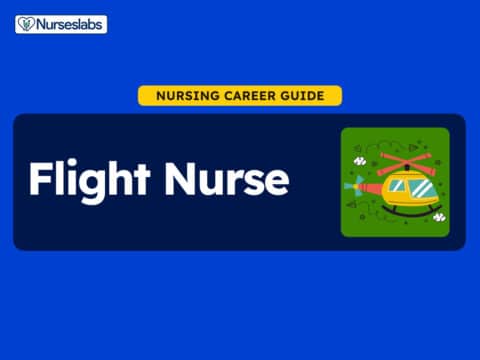
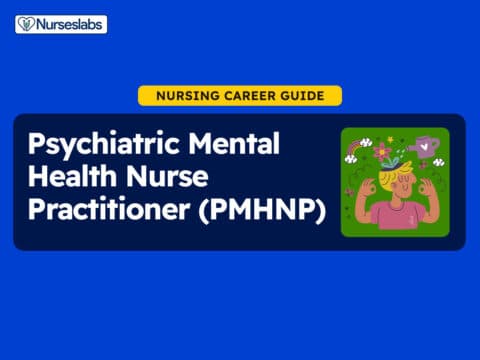
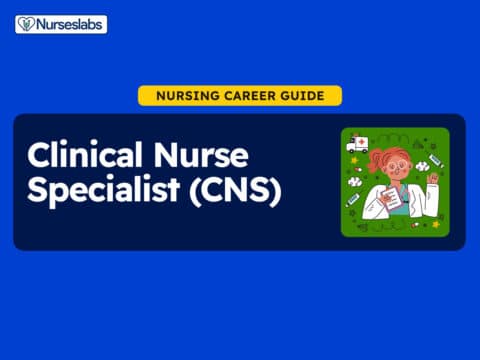
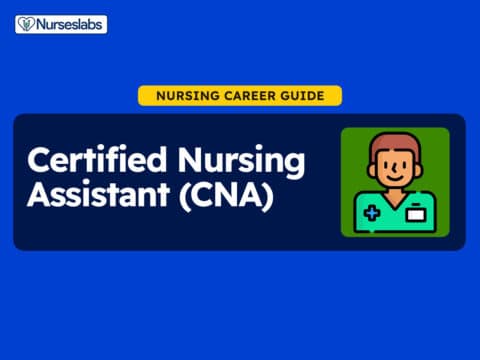
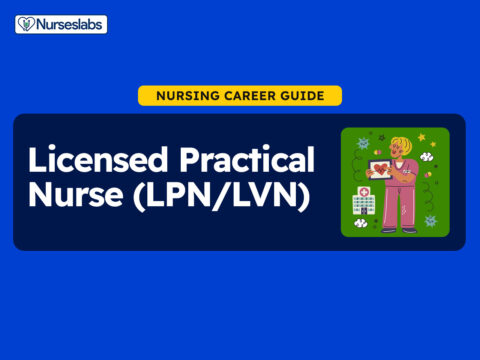
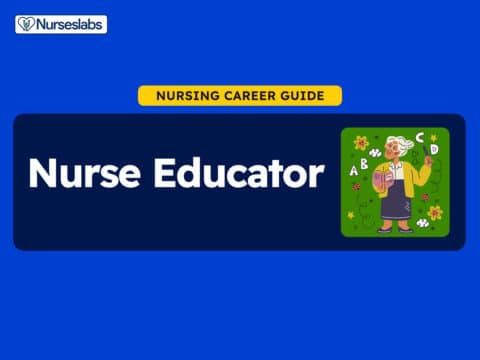
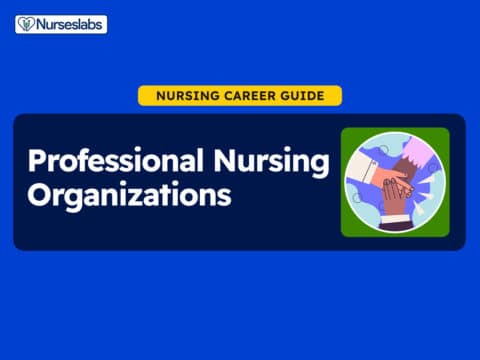
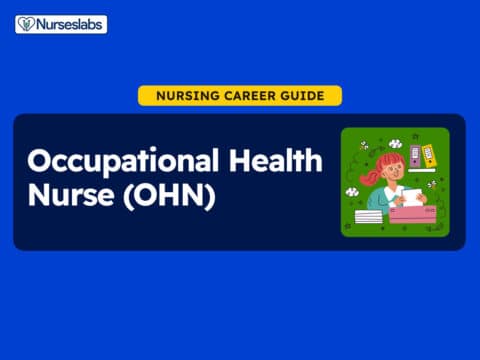
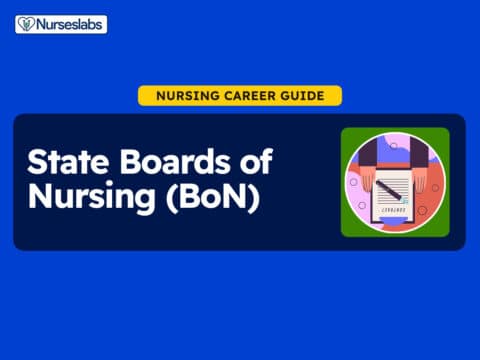
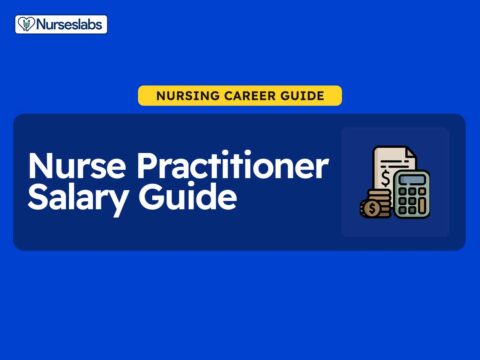
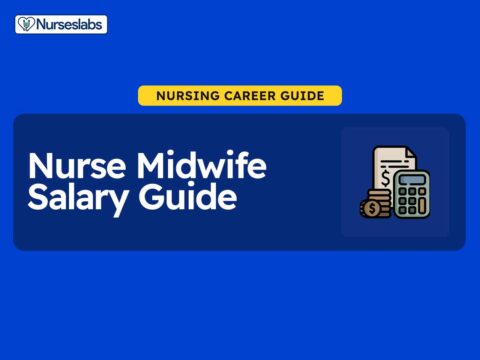


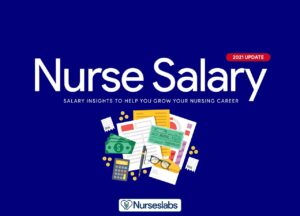
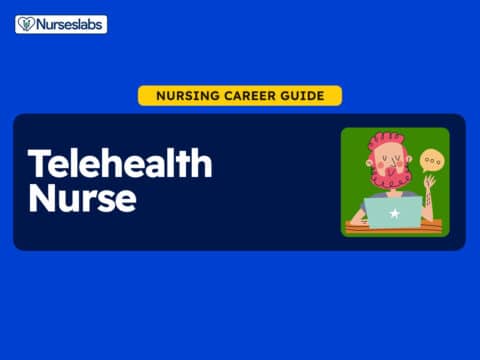
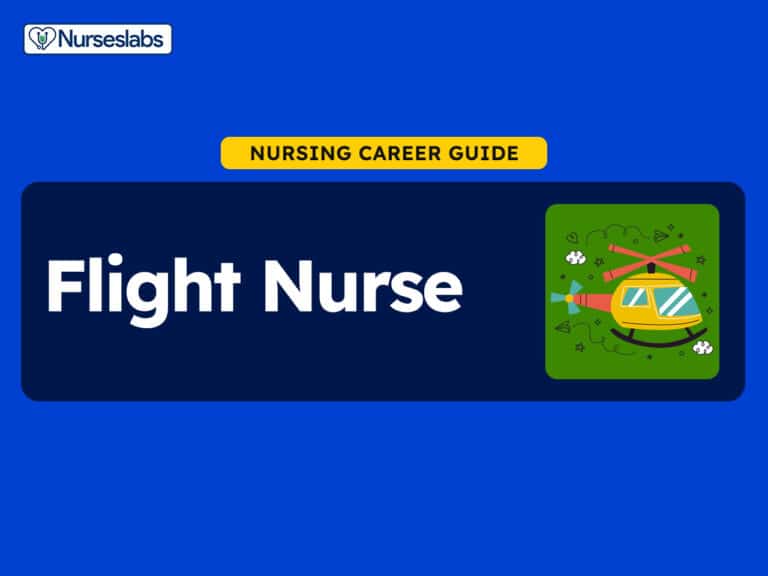
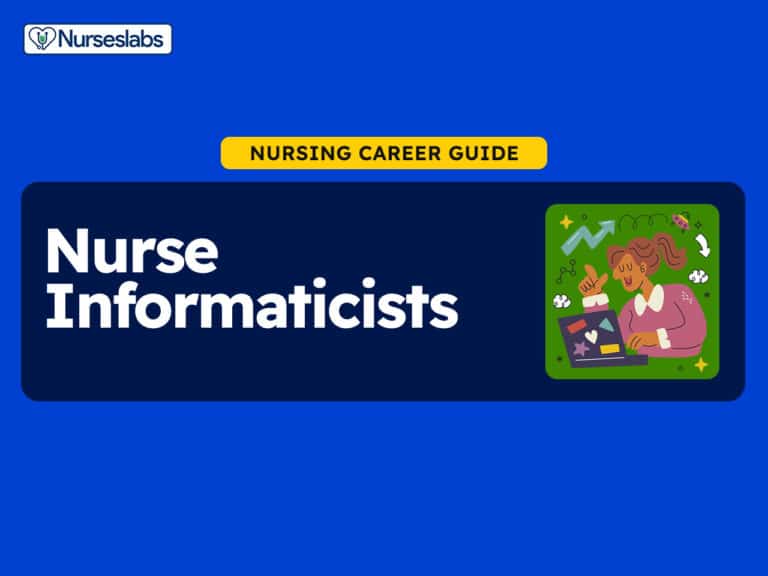
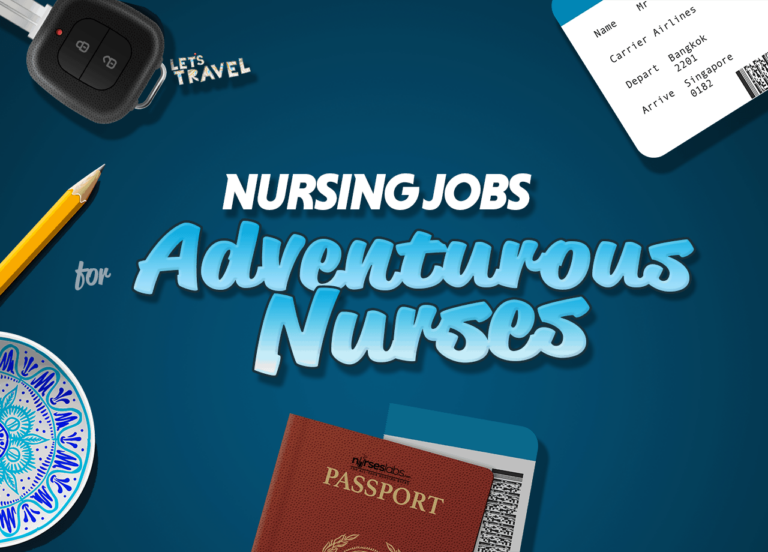
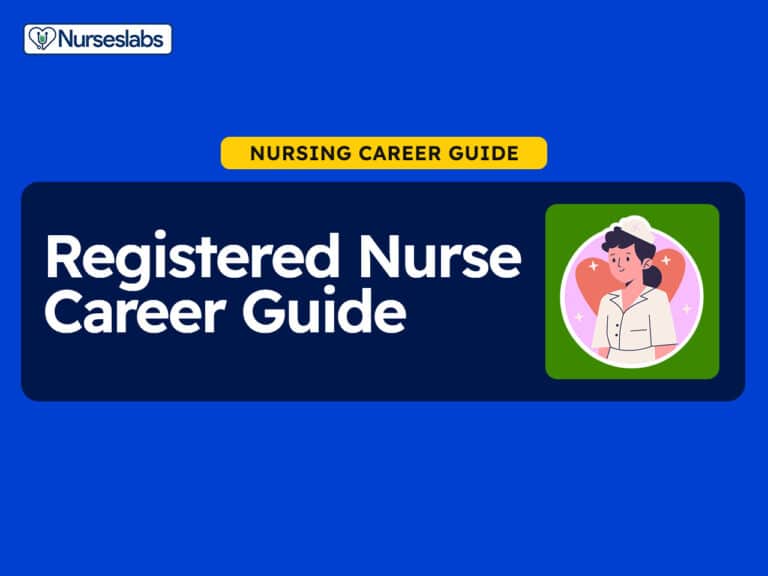

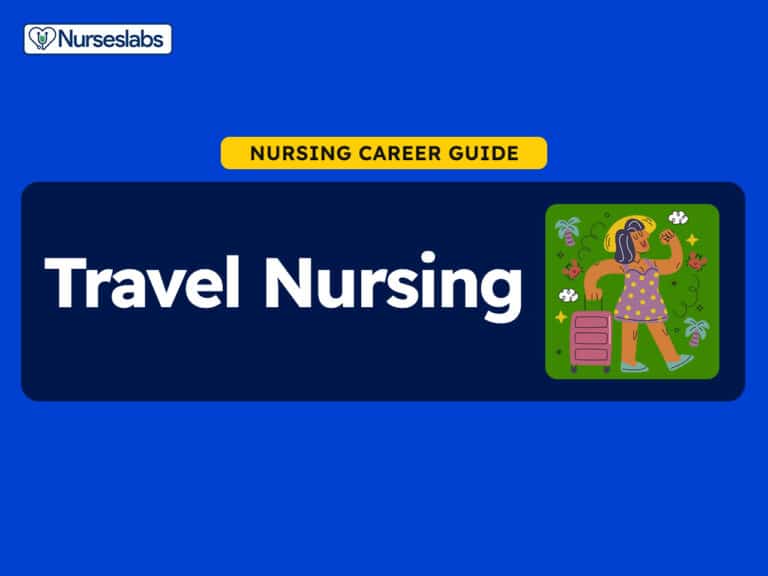
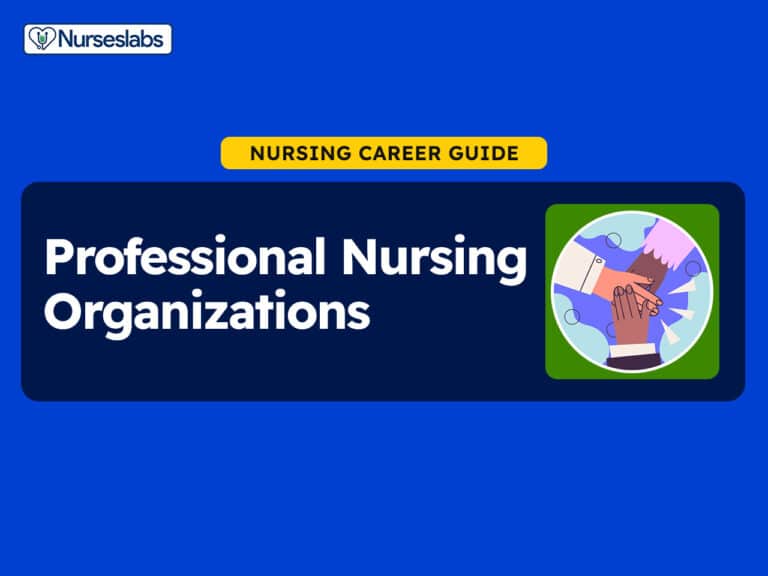
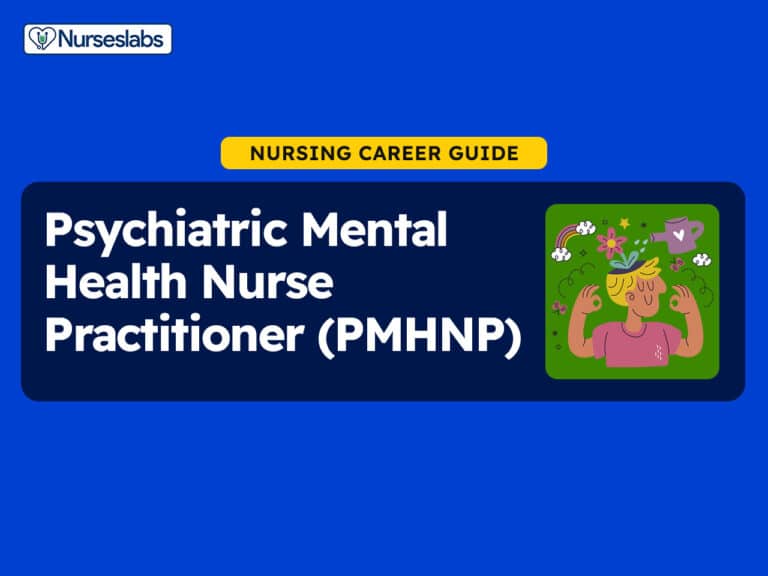
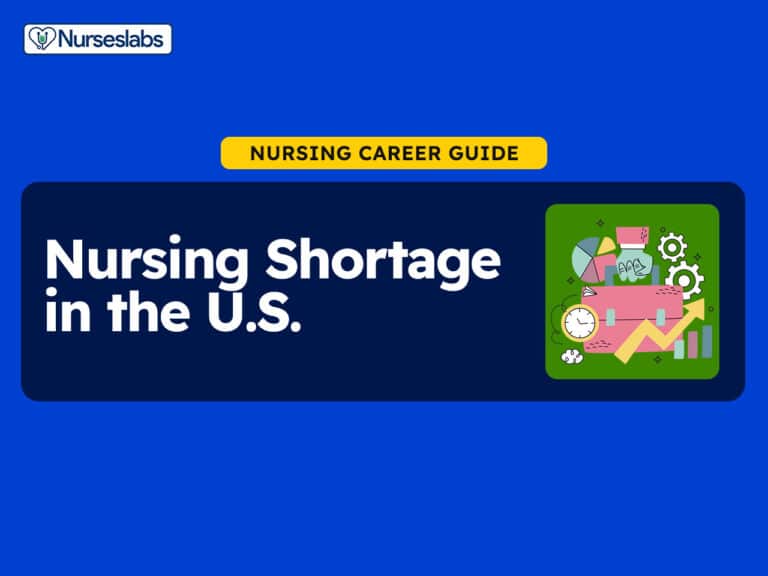
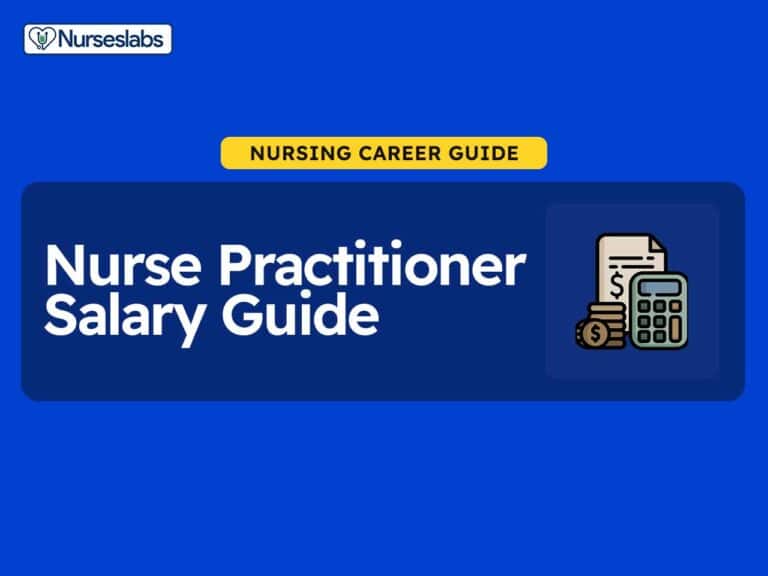
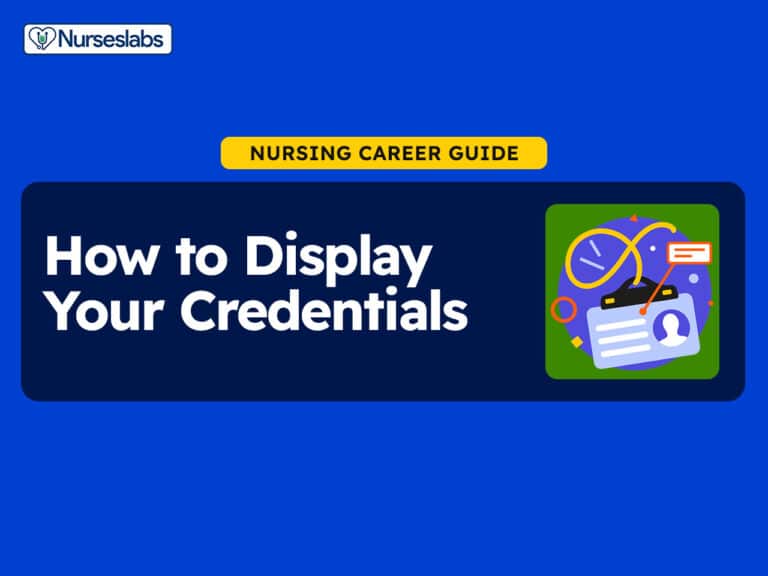
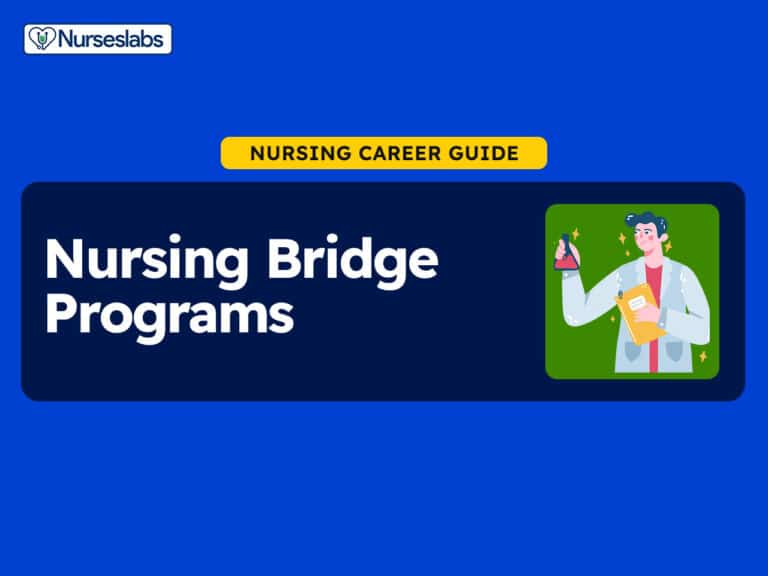
Leave a Comment